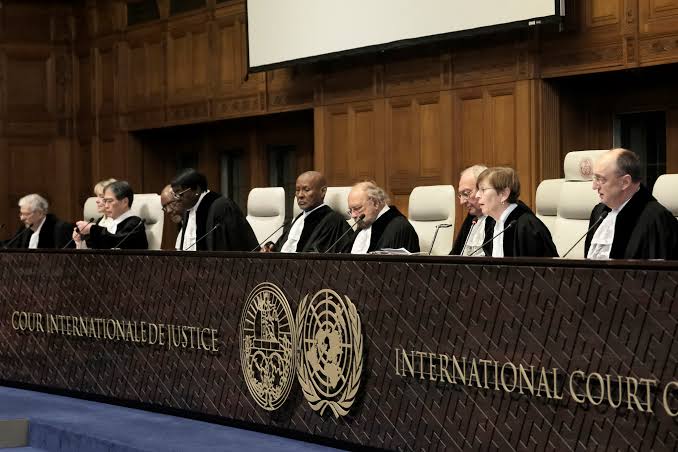South Africa vs. Israel at the ICJ: Examining Genocide Accusations in Gaza
A landmark international legal battle unfolds this Thursday as South Africa brings its accusation of genocide against Israel before the International Court of Justice (ICJ). This two-day public hearing marks a significant escalation in the legal and diplomatic contestations surrounding the Israeli-Palestinian conflict, particularly focusing on the devastating military campaign in Gaza.
South Africa’s legal argument hinges on allegations that Israel’s actions in Gaza constitute “genocidal acts” according to the 1948 Genocide Convention, to which both nations are signatories.
The South African government also asserts that Israel’s military campaigns in Gaza, with their devastating toll of over 23,000 lives lost, including nearly 10,000 children, constitute a systematic violation of the 1948 Genocide Convention, to which both nations are signatories. The case hinges on a complex legal interpretation of the convention’s definition of genocide and the specific circumstances surrounding the Israeli-Palestinian conflict.
Palestinians and pro-Palestine groups around the world have pinned their hopes on the ICJ, viewing it as a potential avenue to halt further Israeli military action in Gaza and seek accountability for the immense human cost of the conflict. However, the ICJ’s capacity to enforce its rulings remains a critical question, as its decisions are generally non-binding and rely on the cooperation of member states.
Beyond the immediate legal implications, the South African case against Israel at the ICJ has broader geopolitical ramifications. It highlights the growing international pressure on Israel’s actions in the occupied territories and reflects the evolving legal landscape surrounding accountability for alleged war crimes and human rights violations.
The upcoming public hearing promises to be a tense and highly charged affair, drawing intense media attention and diplomatic engagement. The ICJ’s response, whether through a ruling or further legal proceedings, will likely have significant repercussions for the Israeli-Palestinian conflict and the broader quest for justice and accountability on the international stage.
Key Points to Consider:
- The South African case rests on a complex legal interpretation of the Genocide Convention and its application to the Israeli-Palestinian conflict.
- The ICJ’s capacity to enforce its rulings remains a critical question.
- The case has significant geopolitical implications, reflecting growing international pressure on Israel and the evolving legal landscape surrounding accountability for human rights violations.
- The public hearing promises to be a significant event with intense media and diplomatic attention.

